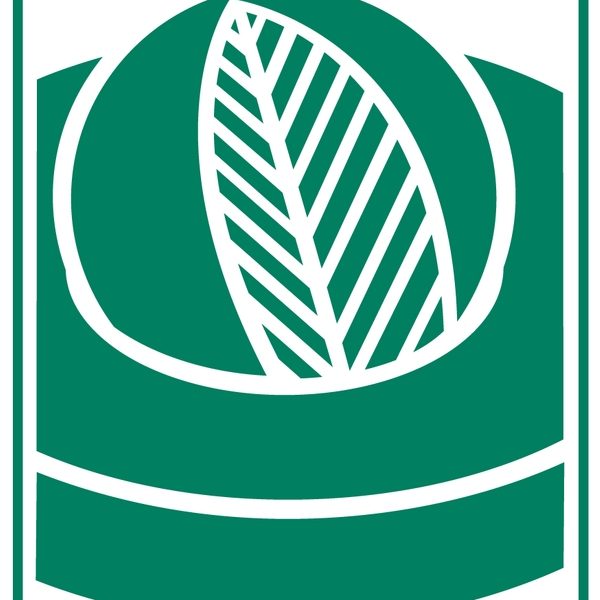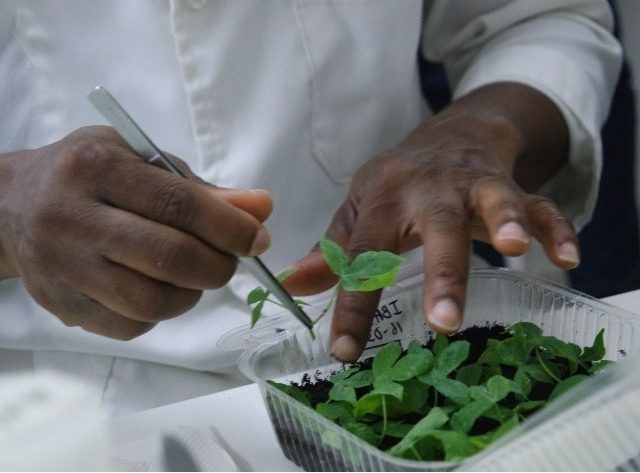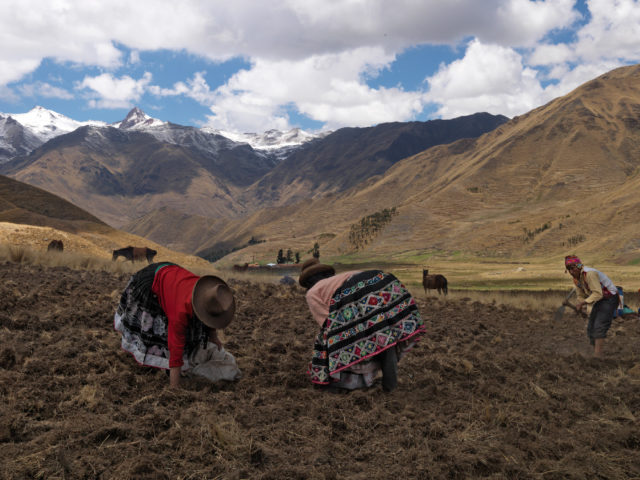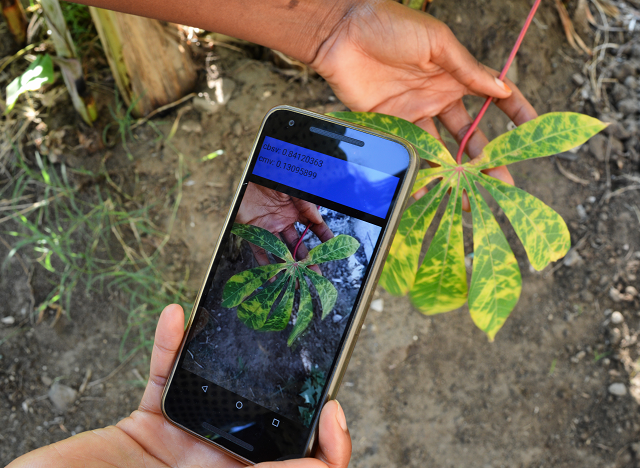Sweetpotato scientists from the International Potato Center (CIP), the lead center of the CGIAR Research Program on Roots, Tubers and Bananas have been awarded the prestigious World Food Prize for work in combating vitamin A deficiency.
Lima, Peru (28 June 2016) – Ambassador Kenneth M. Quinn, President of the World Food Prize, announced that the 2016 World Food Prize will be awarded to three International Potato Center (CIP) Scientists, Drs. Jan Low, Maria Andrade, and Robert Mwanga and HarvestPlus’ Dr. Howarth Bouis in recognition of their combined success in improving nutrition and health through biofortified crops.
At the 2016 World Food Prize Laureate Announcement Ceremony held at the U.S. State Department Ambassador Quinn noted that “It is particularly poignant that among our 2016 recipients are two African scientists and two women scientists.”
The four World Food Prize Laureates will share the $250,000 prize equally. The World Food Prize, sometimes referred to as “the Nobel Prize for Food and Agriculture”, is the most prominent global award for individuals whose breakthrough achievements alleviate hunger and promote global food security. The Prize itself will be formally awarded during the World Food Prize week, held on October 9-14, 2016 in Des Moines, Iowa.
“These four scientists have changed the lives of millions through their efforts,” noted CIP Director General, Dr. Barbara Wells who was in attendance during the U.S. State Department announcement. “They made the case that orange-fleshed sweetpotato would be accepted in various African diets, they bred resilient nutritious sweetpotatoes that people liked, and now the evidence shows that these communities are healthier as a result.”
For more on the World Food Prize and the donors and partners who have supported this work visit this link
About 150 million people worldwide have a vitamin A deficiency. In Sub-Saharan Africa and Asia vitamin A deficiency is a leading cause of blindness, disease and premature death among children under five. Pregnant and lactating women are also at high risk of vitamin A deficiency. The orange-fleshed sweetpotato is a great source of vitamin A. Just 125 g daily of fresh roots from most orange-fleshed varieties contain enough beta-carotene to prevent childhood blindness. CIP, which adopted sweetpotato as a mandate crop in 1988, began working on introducing pro-vitamin A rich orange-fleshed sweetpotato in 1995 as most dominate varieties in SSA are white-fleshed, having no beta-carotene.
A major lesson learned early in the introduction of orange-fleshed sweetpotato was that it was necessary to breed in Africa so that the pro-vitamin A trait, beta-carotene, is prevalent in sweetpotatoes with taste and agronomic characteristics that consumers and producers wanted. This required convincing donors and governments to invest in a crop that was largely ignored, considered a crop of the poor and, in most countries, a woman’s crop.
Dr. Andrade and Dr. Mwanga, plant scientists in Mozambique and Uganda, dedicated over 15 years to breeding the Vitamin A-enriched OFSP using genetic material from CIP and dominant local varieties, while Dr. Low structured the nutrition studies and programs that, together with a multidisciplinary team of breeders, agronomists, seed specialists and social scientists from CIP and partners, has resulted so far in more than two million households in 10 separate African countries planting and consuming this nutritionally fortified food. In addition to its nutritional value sweetpotato is a climate smart crop that is important to areas of Sub-Saharan Africa experiencing extreme climate events. CIP backstops 12 national programs in Africa in their sweetpotato breeding efforts from their support platforms in Uganda, Mozambique and Ghana and strives to build a strong community of practice to address bottlenecks in seed systems and value chain development.
The acceptance of orange-fleshed sweetpotato by African consumers required education at the community level and in the fields where farmers learned best farming practice to ensure that disease free, tolerant, and nutritious varieties of sweetpotato were available.
“The CIP team found early on that that children loved the orange sweetpotatoes,” said Dr. Oscar Ortiz, CIP, deputy director general of research and development. “When children eat orange-fleshed sweetpotatoes in the first 1000 days of their lives they can combat many of the symptoms of hidden hunger like blindness and weakened immune systems.”
Dr. Howarth Bouis, the founder of HarvestPlus, over a 25-year period pioneered the implementation of a multi-institutional approach to biofortification as a global plant breeding strategy. As a result of his leadership, crops such as iron and zinc fortified beans, rice, wheat and pearl millet, along with Vitamin A-enriched cassava, maize and orange-fleshed sweetpotato are being tested or released in over 40 countries. HarvestPlus is a collaboration between the International Food Policy Research Institute (IFPRI) and the International Center for Tropical Agriculture known by its Spanish acronym CIAT. CIP, IFPRI and CIAT are all members of the CGIAR, a worldwide partnership of agricultural research for development centers devoted to tackling poverty, hunger and major nutrition imbalances, and environmental degradation globally.




